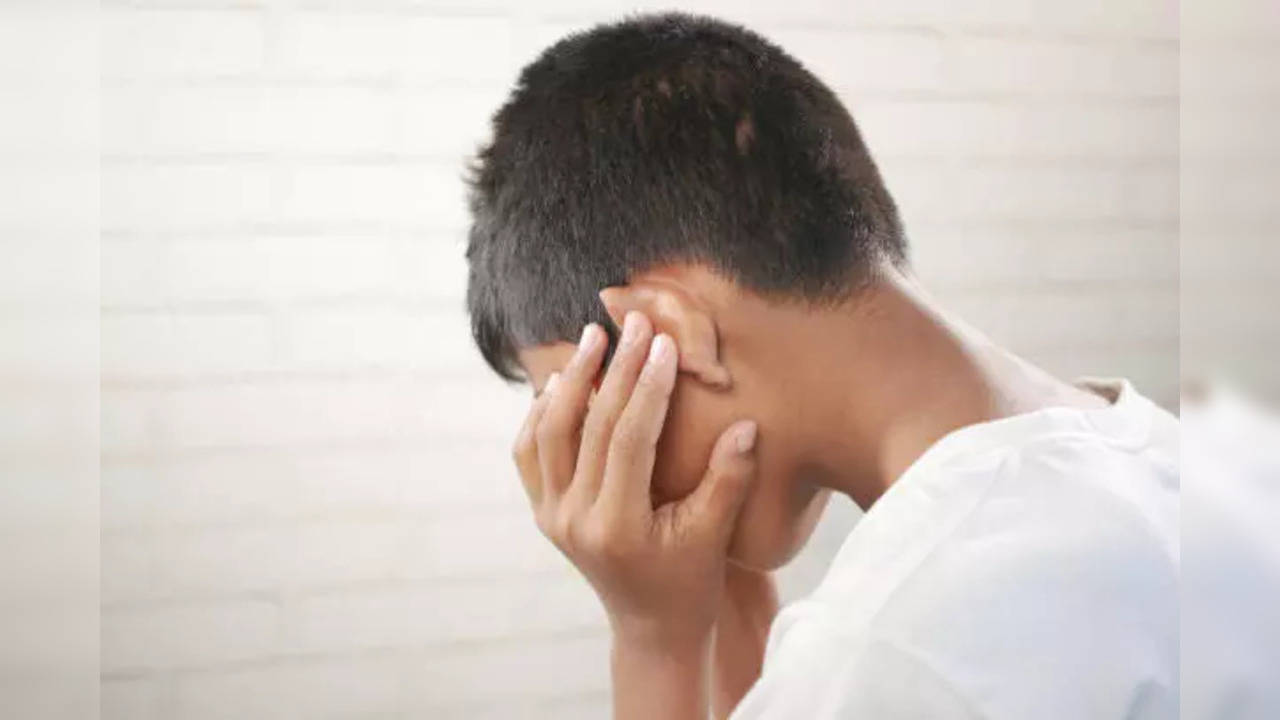Infection
Viral Fever Surge Creates Snowball Effect in Bengaluru, Ear Infections On The Rise
Children are mostly at high risk of contracting ear infections due to low immunity
New Delhi: Bengaluru has seen a huge surge in viral fever over the last few months, and according to doctors It is causing a rise in ear infections too.
Experts are now cautioning people to take care of their immunity levels, especially in the upcoming winter season. Even though usually the frequency of viral fever cases rises alarmingly during the weather-changing months, it is now seen affecting people throughout the year.
Previously, ailments like respiratory syncytial virus or RSV, dengue, chikungunya, conjunctivitis, malaria, and stomach infections would see a rise only during monsoons, but now, they are all year round.
According to doctors, children are mostly at high risk of contracting ear infections due to low immunity.
ENT specialists in Bengaluru are now seeing at least 10-15 severe ear infection cases in OPDs daily. According to doctors, most children are suffering from adenoid hypertrophy and tonsillitis.
What causes ear infections?
According to studies, ear infection, which usually begins after a cold or any other upper respiratory infection, is caused by bacteria and viruses that travel into your middle ear through the eustachian tube.
Once inside, the virus or bacteria can cause your eustachian tubes to swell. The swelling can cause the tube to become blocked, leading to poor eustachian tube function and infected fluid in your middle ear.
Signs and symptoms of ear infection
Also known as otitis media, ear infection causes signs and symptoms which include:
- Ear pain
- Loss of appetite
- Trouble in sleeping
- Fever
- Trouble in hearing
- A feeling of pressure in your ear.
- Yellow, brown, or white drainage from your ear
Doctors advise not to place anything in your ear canal if you have drainage from your ear as it can cause damage to the eardrum.
Doctors are also alerting parents to be watchful of early symptoms like cold cough or ear pain to avoid infection which may last for even a month.
Complications caused by ear infections
Even though most ear infections do not cause long-term issues, complications may happen if they become chronic or are not treated well. A few complications include:
Hearing loss
You may suffer temporary hearing loss or changes in your hearing with muffled or distorted sounds during an ear infection. Repeated or ongoing infections or damage to internal structures in your ear can cause more significant hearing loss.
Delayed speech
Children need to hear to learn language and develop speech, and with muffled hearing, it can significantly delay development.
Torn eardrum
According to experts, nearly 5-10 per cent of children with an ear infection develop a small tear in their eardrum. Often, the tear heals on its own but if it doesn’t, your child may need surgery.
Spread of the infection
Untreated infections can spread to many other areas, including the bone behind your ear, or the membranes surrounding your brain and spinal cord, causing meningitis, which can be fatal.
Disclaimer: Tips and suggestions mentioned in the article are for general information purposes only and should not be construed as professional medical advice. Always consult your doctor or a dietician before starting any fitness programme or making any changes to your diet.

